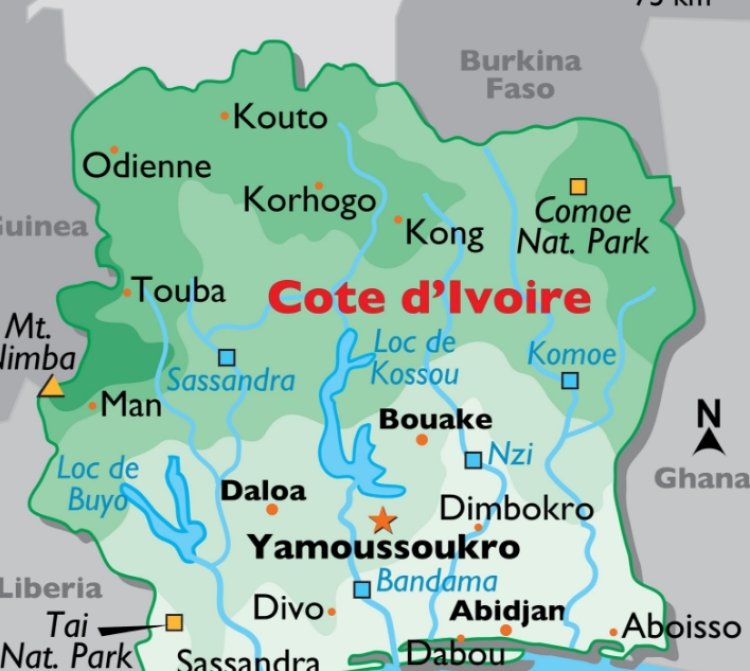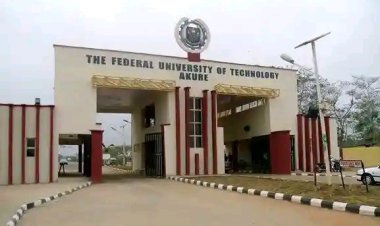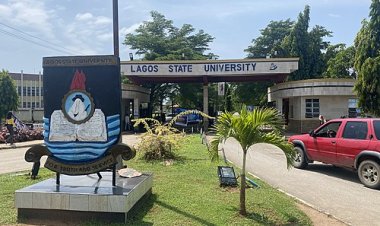Côte d’Ivoire Suspends Powerful Student Union Amid Murder Investigation
Côte d’Ivoire has suspended the powerful student union, the Ivory Coast Student and School Federation (FESCI), following a murder investigation involving its members. Authorities arrested six members, including FESCI leader Sie Kambou, after the body of student Zigui Mars Aubin Deagoue, a rival of Kambou, was discovered.

Authorities in Côte d’Ivoire have taken decisive action against the Ivory Coast Student and School Federation (FESCI), a powerful student union accused of terrorizing campuses, following a murder investigation linked to its members. The suspension comes after the discovery of two bodies, including that of Zigui Mars Aubin Deagoue, a rival of FESCI’s leader, Sie Kambou.
In a crackdown, police arrested six members of FESCI, including Kambou, and halted all union activities. This move has raised hopes among the public that the long-standing impunity enjoyed by the federation may be coming to an end. Government officials stated that Deagoue, who was reported missing, was abducted by individuals identified as FESCI members. His body was discovered in late September, igniting public outrage and prompting a police investigation.
The union is also facing charges related to the death of another student, Khalifa Diomande, who was a member of FESCI. Authorities have charged the arrested members with murder and criminal conspiracy, further complicating the federation's already tarnished reputation.
Wonbegue Silue, the general secretary of Côte d'Ivoire’s General Association of Pupils and Students, described FESCI as having "reigned as absolute master" on campuses in Abidjan for years. Silue recounted instances where FESCI members would physically intimidate fellow students, forcibly taking control during meetings, and even extorting money for basic services.
Reports from Cocody University indicated severe allegations of torture, with a security officer recounting harrowing scenes of violence inflicted by FESCI members. Such incidents have occurred repeatedly, often without repercussion, as fear of retaliation keeps victims from reporting abuses to authorities.
FESCI was originally founded in the 1990s as a protest movement against the single-party system in Côte d'Ivoire but has since morphed into a politically powerful entity. Its influence has allowed it to become the primary voice for students in the country, impacting educational policy and even electoral outcomes. Political analysts highlight that FESCI's power stems from the inadequacies of the Ivorian education system, which has forced students to rely on the union for accommodation and support.
As the investigation unfolds, the government has committed to re-evaluating the allocation of student housing, previously under the purview of the Regional Centre for Student Social Services (Crou), which many students criticize as ineffective and corrupt. With calls for reform growing louder, the future of FESCI hangs in the balance, dependent on the government's ability to address the systemic issues that allowed the federation to thrive in the first place.

 Chris Oyeoku Okafor
Chris Oyeoku Okafor 



